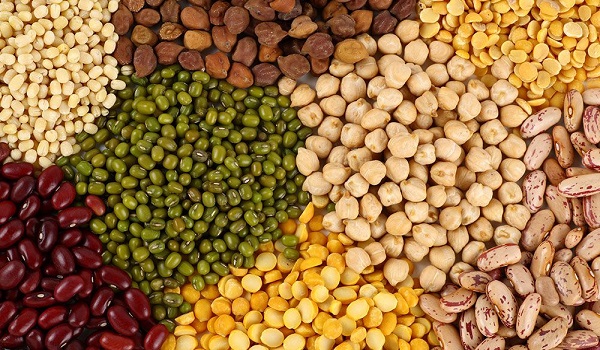With chana prices surging by 10% over the past three weeks, the Department of Consumer Affairs convened a meeting with stakeholders from the pulses industry to assess the supply of tur and chana dal ahead of the upcoming festival season. The meeting aimed to ensure adequate supply and price stability during a period of high demand.
Industry representatives assured the government that imports of tur from Africa and Myanmar are ongoing, despite some trade disruptions. Additionally, shipments of chana from Australia are expected to commence by the end of November.
During the meeting, the industry proposed reducing the import duty on kabuli chana to help curb rising prices, which have been steadily increasing. Currently, the duty stands at 44%, and stakeholders have suggested lowering it to 20% to alleviate price pressures. However, there were concerns about protecting the interests of domestic kabuli growers, particularly in Madhya Pradesh. A potential solution discussed was allowing the import of smaller-sized kabuli chana or imposing a minimum import price.
Satish Upadhyay, Honorary Secretary of the Indian Pulses and Grains Association (IPGA), noted that despite a reduction in tur acreage in Africa, the crop conditions remain favourable. He also highlighted that Myanmar has seen a 20% increase in tur plantations this season. India’s domestic tur crop is also expected to be robust, which could exert pressure on international sellers to remain competitive.
The meeting concluded with top ministry officials discussing additional measures to control the rising prices of chana dal, which have surged by 37% since January, according to data compiled by the IPGA.
The government and industry will continue to monitor the situation closely as the festival season approaches, with a focus on ensuring both adequate supply and price stability for consumers.


